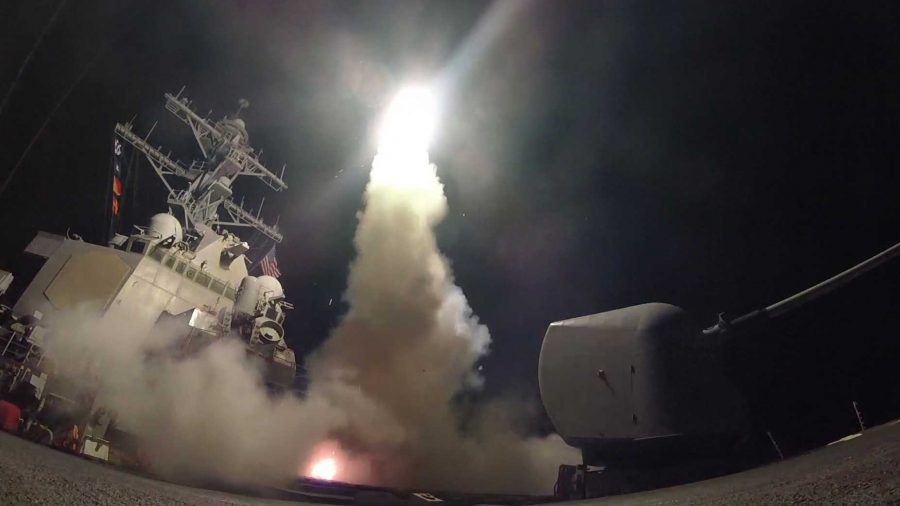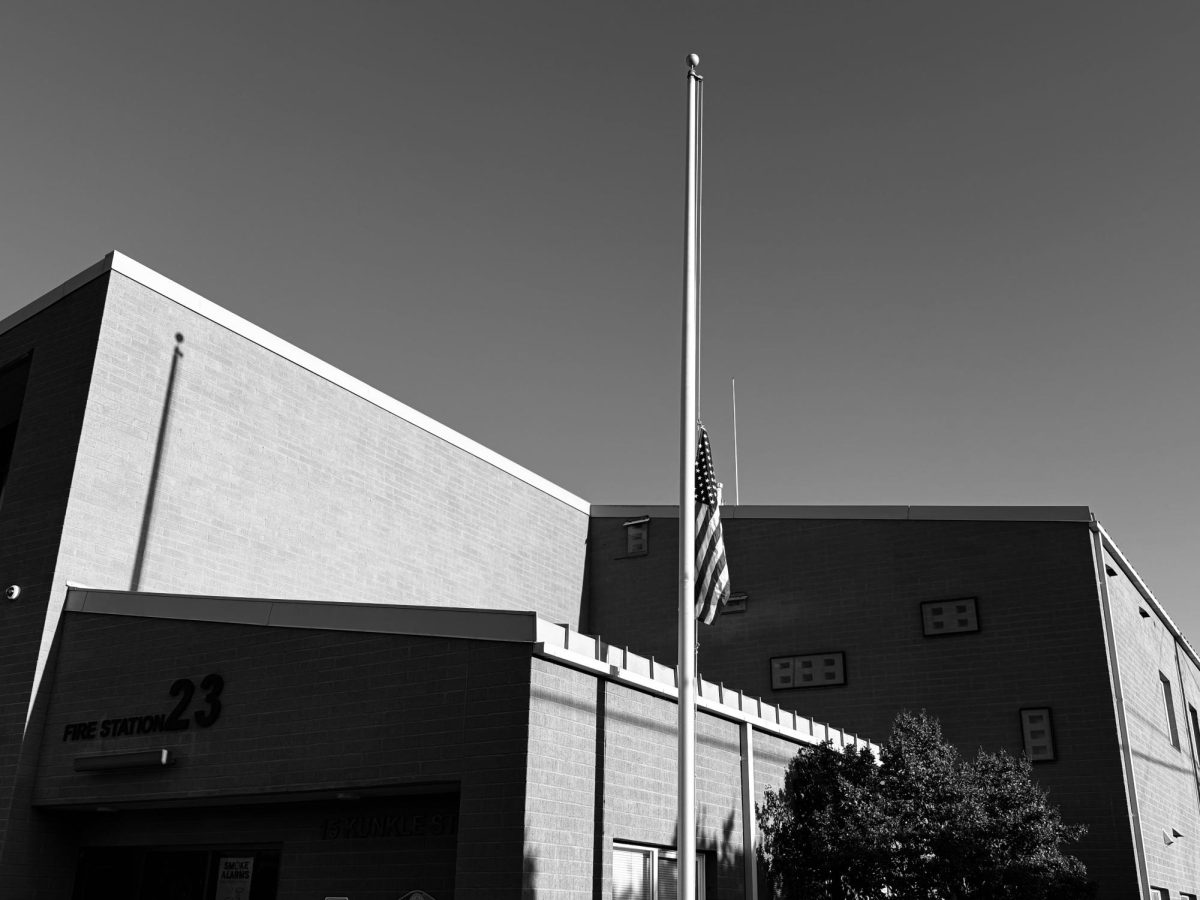Ever since its birth, our nation has proven itself to be conflict-prone. Whether acting out in aggression, combating an existential threat or responding to Mohammad Mossadegh nationalizing Iran’s oil, America has an involved track record in foreign policy. Today, that trend is continued by our seven different interventions (Afghanistan, Iraq, Libya, Pakistan, Somalia, Syria and Yemen), bloated military budget, and superfluous spending projects.
The lone empire’s need to instigate situations, topple regimes and sponsor terrorism are interests reserved for bureaucrats and defense contractors. Given the scores of domestic problems in infrastructure, crime and healthcare, such an agenda deserves fierce opposition from Washington.
Dismally, the current situation is much to the contrary. Countless moral and financial demurrals are underplayed by televised news that offers no relief, and has instead chosen to fan the flames of America’s war culture in a grotesque show of imperialist apologetics.
The president and the news share an unshakably antagonistic view of each other. This is why it came as a surprise when the act to finally humble Trump’s “liberal” critics was an escalative cruise missile strike on a Syrian airbase. CNN’s Fareed Zakaria was overjoyed by the event. With fervor in his voice, he declared that Trump “became president” that night. Following the volatile rhetoric directed at “Rocket Man” in his United Nations speech, Trump also gained the adoration of MSNBC.
And by golly, who could blame them for these responses? Isolationist or not, no man can resist the splendid sight of those humanitarian cylinders streaking across the night sky.
Wolf Blitzer showed his true colors when faced with Rand Paul’s argument against the $1.1 billion arms deal to Saudi Arabia, a state that purposely targets Yemeni schools and hospitals. The second he was able to retort, Blitzer jumped straight to stressing the military defense contractors’ employment and profits. It’s disheartening to think that valuing an already prosperous military industrial complex’s gains over the livelihood of children in Yemen is presented as an acceptable talking point on national television.
Everyone can agree that a reasonable line of questioning is important in assessing the impact, costs, and additional provisions that determine a plan’s efficacy. Therefore, if hefty proposals such as the latest Pentagon spending bill or funding for the new F-35 jet faced the same media skepticism as legislation concerning health care, then maybe we could achieve a better balance of our national priorities. The phrase “how are we going to pay for it?” suddenly becomes irrelevant when speaking of military costs. No matter how high the president’s demand, count on over half of House Democrats to support trumping that amount.
The so-called “deficit hawks” in Congress treat defense spending as something indispensable and impervious from objection. The war in Afghanistan isn’t just expensive, but has been the most unpopular war in history. Yet somehow, the government insists that we continue headlong into what has been nothing but an endless money-sucking void of unneeded death and destruction. Back in 2003, news networks credulously circulated the Pentagon’s lie about Saddam Hussein possessing chemical weapons. This unrivaled assertion would predicate the war in Iraq, a disaster with an even greater price tag than Afghanistan.
America has issues within its own borders that will never be improved upon when Washington’s Overton window is skewed towards imperialism. News networks have become panels full of giddy schoolchildren working to canonize the president’s aggressive tendencies. As a country, we need to develop a better method for picking our battles before plunging ourselves into another multi-trillion dollar conflict.










